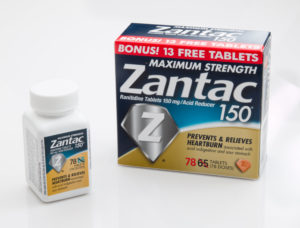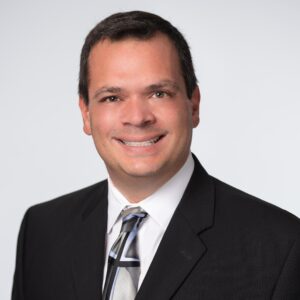Hydrocodone rule effective Oct. 6
Hydrocodone combination products (HCPs) move from Schedule III to the more restrictive Schedule II effective Monday under a final rule published by the U. S. Drug Enforcement Administration (DEA) in the Federal Register Aug. 22.
A 1999 petition from a physician initiated the rescheduling of HCPs. The assistant secretary for health of the U.S. Department of Health and Human Services (HHS) recommended the new rule, which also is supported by the DEA’s evaluation of relevant data. “These products are some of the most addictive and potentially dangerous prescription medications available,” DEA Administrator Michele Leonhart said when the rule was announced.
When Congress passed the Controlled Substance Act in 1970, hydrocodone was placed in Schedule II and HCPs were put in Schedule III. Adding nonnarcotic substances such as acetaminophen to hydrocodone does not diminish its abuse potential, however, HHS and the DEA maintain.
But at least one industry group has expressed displeasure with the rescheduling.
The American Society of Consultant Pharmacists (ASCP) “is disappointed that DEA did not consider the negative impact on patient medication access rescheduling HCPs would cause in the post-acute and long-term care settings,” Ross Brickley, RPh, MBA, CGP, past president of ASCP and current chairman of ASCP’s DEA Task Force, said when the rule was announced. “Our members are very concerned for what this could mean for frail, elderly patients with chronic pain.”
Older adults who need Schedule II drugs have relied on Schedule III medications as an alternative in the past, Brickley said, so not being able to do so anymore will delay pain relief for some older adults, affecting their quality of life.
Prescriptions with refills that are written before the rule goes into effect may be dispensed under the DEA rules for Schedule III–V controlled substances until April 8, depending on state law and the capabilities of insurance company and pharmacy technology.
I Advance Senior Care is the industry-leading source for practical, in-depth, business-building, and resident care information for owners, executives, administrators, and directors of nursing at assisted living communities, skilled nursing facilities, post-acute facilities, and continuing care retirement communities. The I Advance Senior Care editorial team and industry experts provide market analysis, strategic direction, policy commentary, clinical best-practices, business management, and technology breakthroughs.
I Advance Senior Care is part of the Institute for the Advancement of Senior Care and published by Plain-English Health Care.
Related Articles
Topics: Regulatory Compliance












